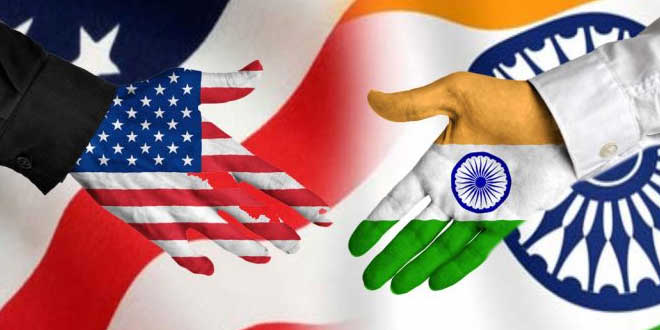Question: Describe the impact of globalization on Indian economy with example.
Answer:
- Indian buyers have a better choice of toys at a lower price.
- Fore the Chinese toy makers this provides an opportunity to expand business.
- Indian toy makers are facing a tough competition and are facing losses.
- Globalization and failed to solve the problem of poverty.
- Globalization and pressure of competition have substantially changed the lives of the workers. Faced with growing competition, most employers these days prefer to employ workers ‘flexibly’. This means that workers’ jobs are no longer secure.
Question: What way is an MNC different from the national companies? Highlight any three points of distinction.
Answer:
MNCs:
- These companies own and controls production in more than one nation.
- Production is organised in a complex way.
- They have the capacity to invest a huge amount.
- Pepsi, Samsung, Apple etc. are some MNCs.
Other Companies:
- These companies own or control production within the boundary of nation.
- Production is organised in a simple way.
- They have limited capacity to invest.
- HMT, JK Tyres etc.
Question: What do you understand by globalization? Explain in your own words.
Answer: Globalization in today’s world has come to imply many things. It is the process by which the people of the world are unified into a single society and function together. This term is also often used to refer to economic globalization: the integration of national economies into the international economy through trade, foreign direct investments, capital flows, migration and the spread of technology.
Question: What was the reason for putting barriers to foreign trade and foreign investment by the Indian government? Why did it wish to remove these barriers?
Answer: Barriers to foreign trade and foreign investment were put by the Indian government to protect domestic producers from foreign competition, especially when industries had just begun to come up in the 1950s and 1960s. At this time, competition from imports would have been a death blow to growing industries. Hence, India allowed imports of only essential goods.
Later, in the 1990s, the government wished to remove these barriers because it felt that domestic producers were ready to compete with foreign industries. It felt that foreign competition would in fact improve the quality of goods produced by Indian industries. This decision was also supported by powerful international organisations.
Question: How would flexibility in labour laws help companies?
Answer: Flexibility in labour laws will help companies in being competitive and progressive. By easing up on labour laws, company heads can negotiate wages and terminate employment, depending on market conditions. This will lead to an increase in the company’s competitiveness.
Question: What are the various ways in which MNCs set up, or control, production in other countries?
Answer: The various ways in which MNCs set up, or control, production in other countries are by buying out domestic companies or making the latter work for them. Sometimes, MNCs buy mass produce of domestic industries, and then sell it under their own brand name, at much higher rates, in foreign countries. MNCs look towards developing nations to set up trade because in such places, the labour and manufacturing costs are much lower.
Question: Why do developed countries want developing countries to liberalize their trade and investment? What do you think should the developing countries demand in return?
Answer: Developed countries want developing countries to liberalize their trade and investment because then the MNCs belonging to the developed countries can set up factories in less-expensive developing nations, and thereby increase profits, with lower manufacturing costs and the same sale price. In my opinion, the developing countries should demand, in return, for some manner of protection of domestic producers against competition from imports. Also, charges should be levied on MNCs looking to set base in developing nations.
Question: “The impact of globalization has not been uniform”. Explain this statement.
Answer: “The impact of globalization has not been uniform”. The truth of this statement can be verified if we observe the impact of MNCs on domestic producers and the industrial working class. Small producers of goods such as batteries, capacitors, plastics, toys, tyres, dairy products and vegetable oil have been hit hard by competition from cheaper imports. Also, workers are now employed “flexibly” in the face of growing competition. This has reduced their job security. Efforts are now on to make globalization “fair” for all since it has become a worldwide phenomenon.
 Class Notes NCERT Solutions for CBSE Students
Class Notes NCERT Solutions for CBSE Students





